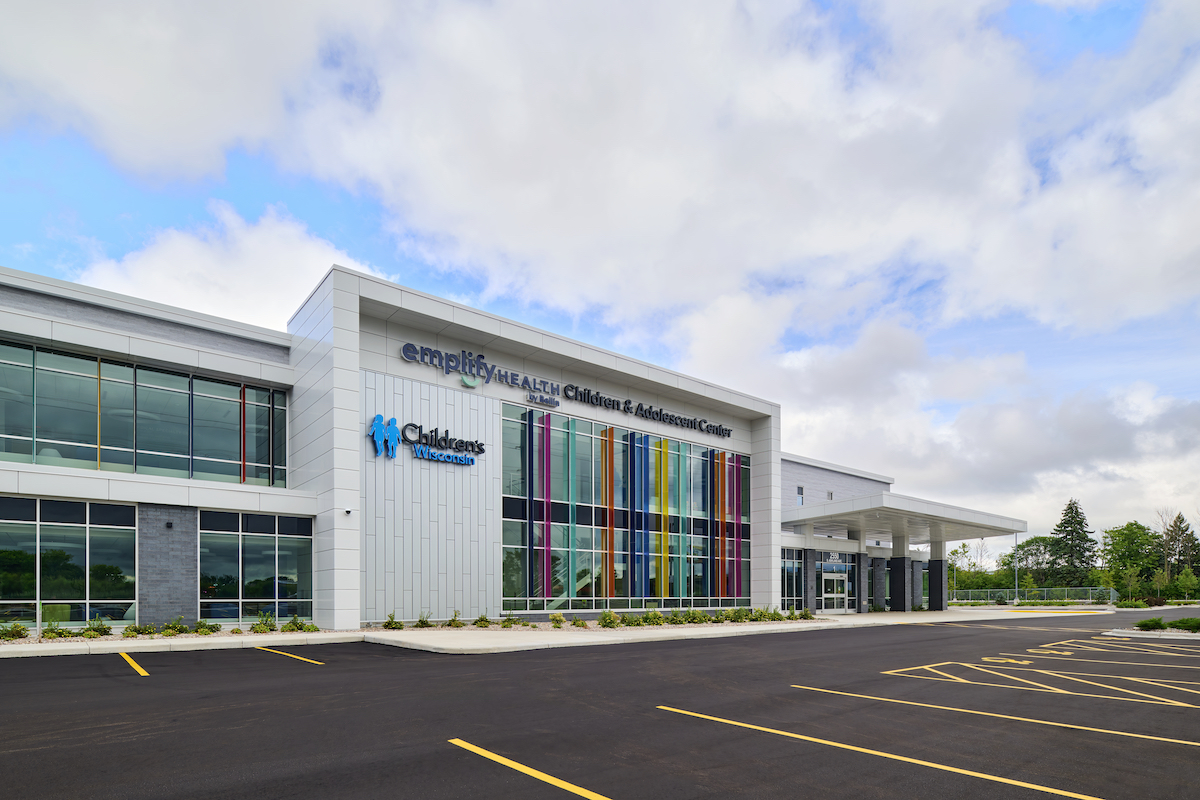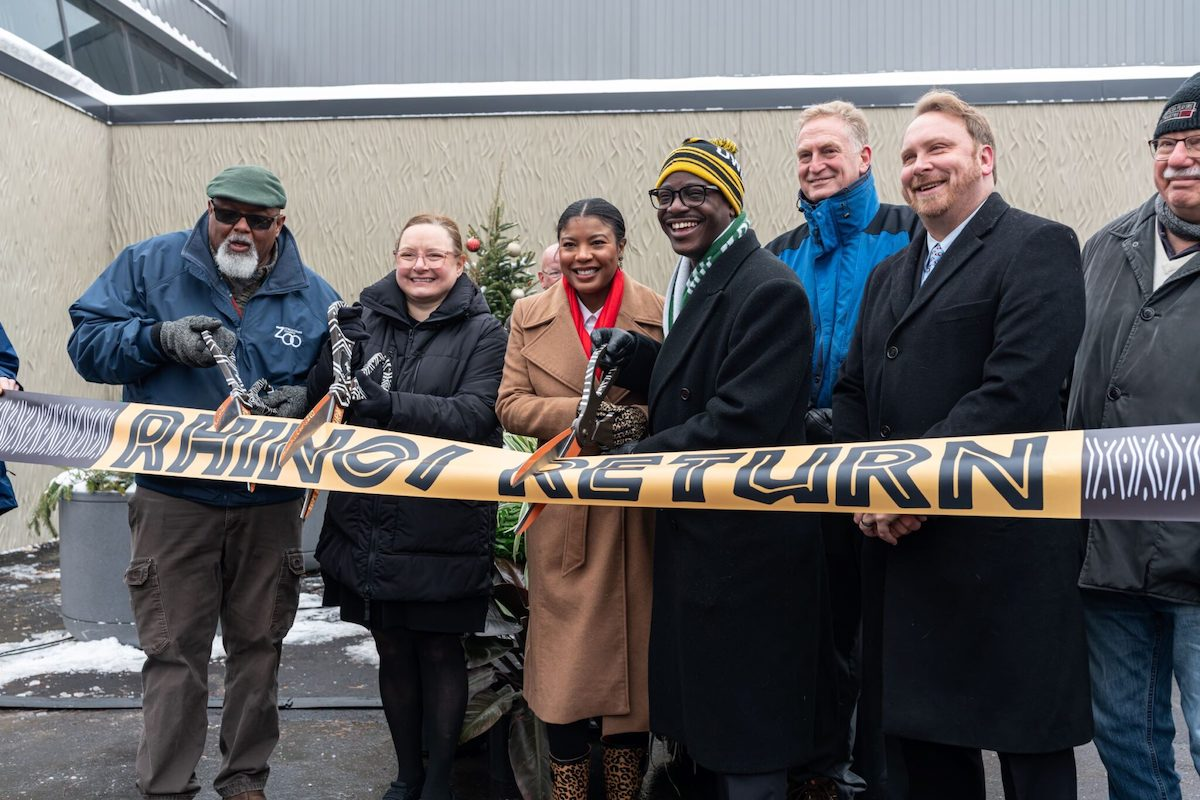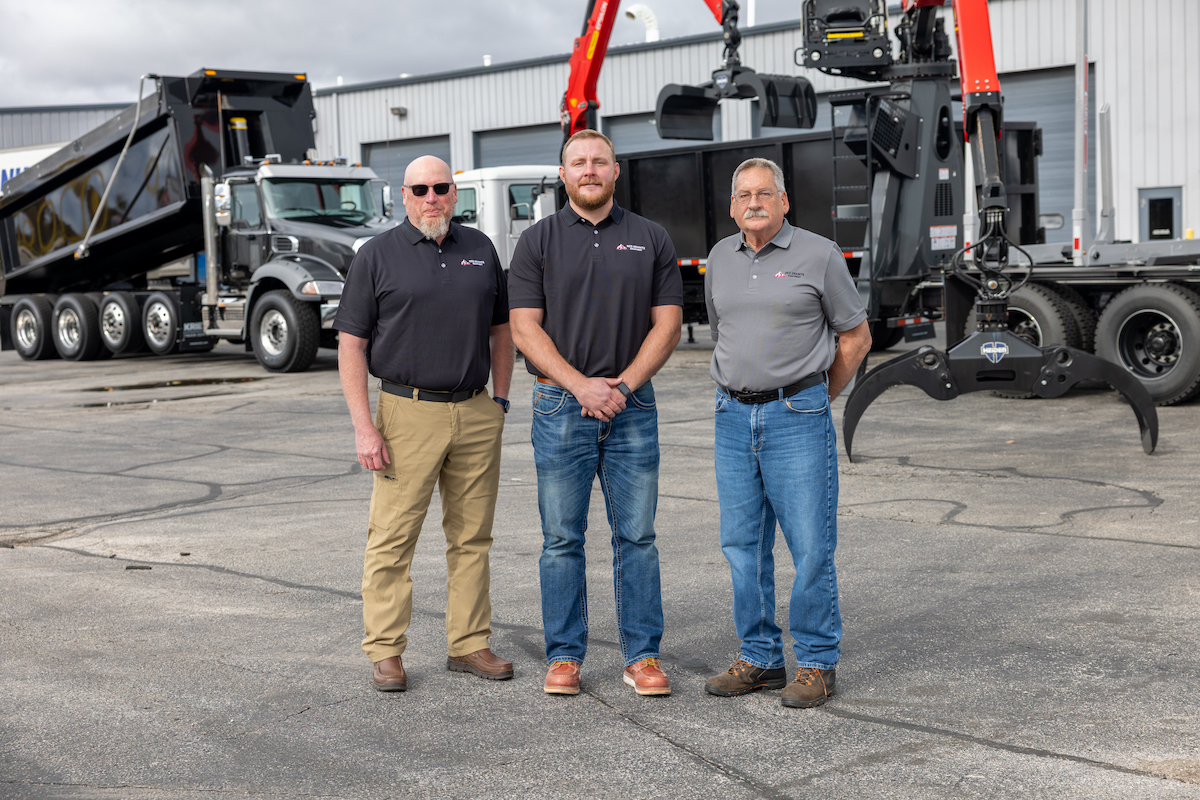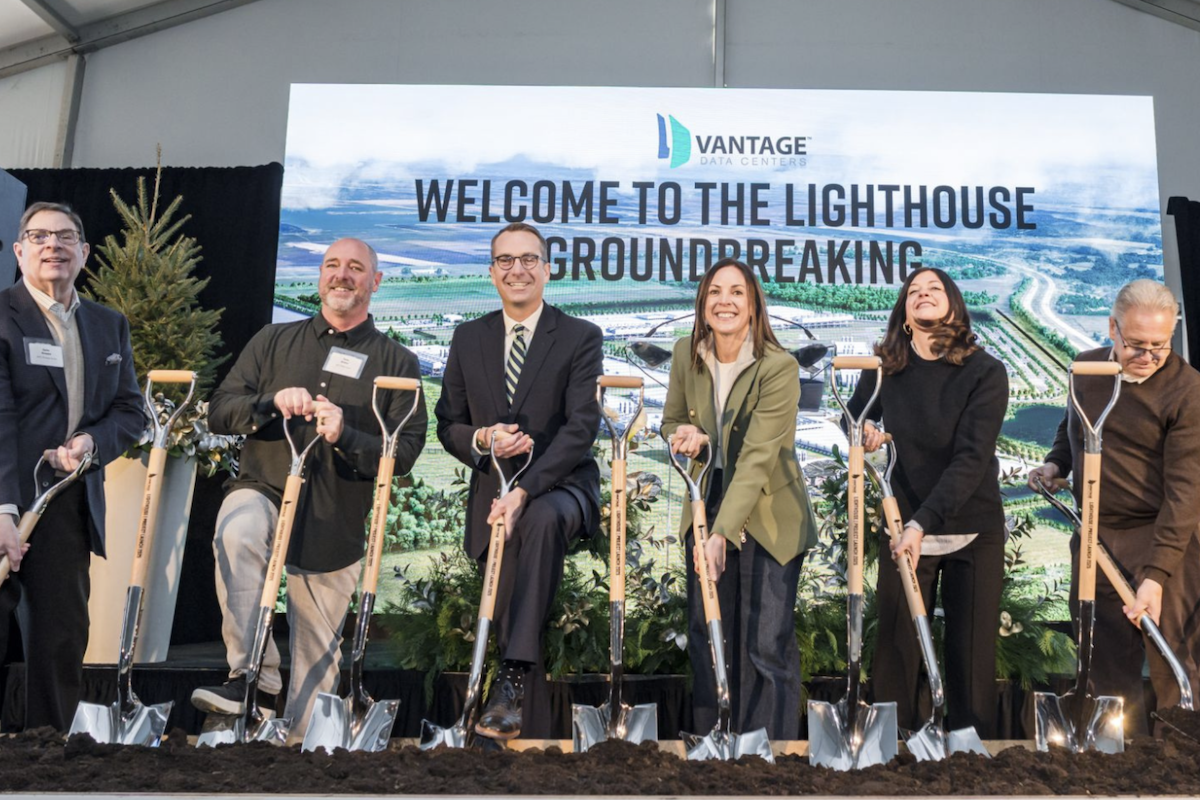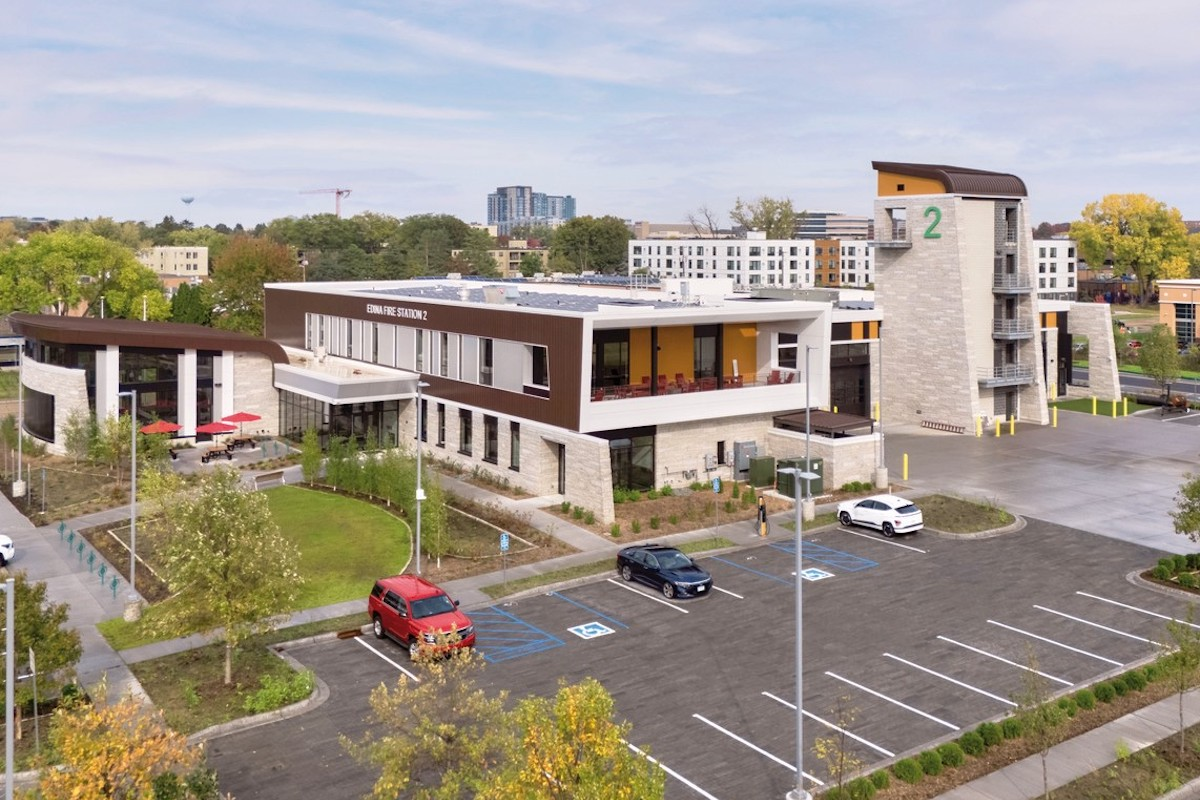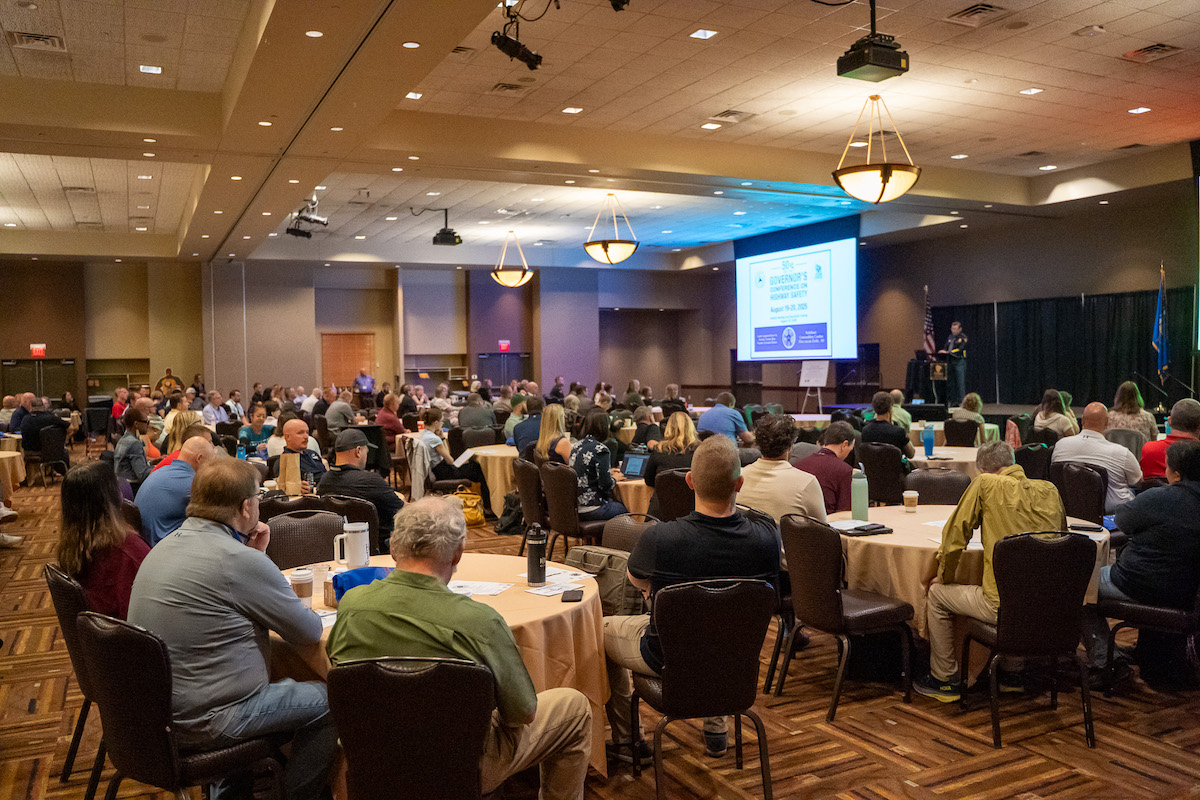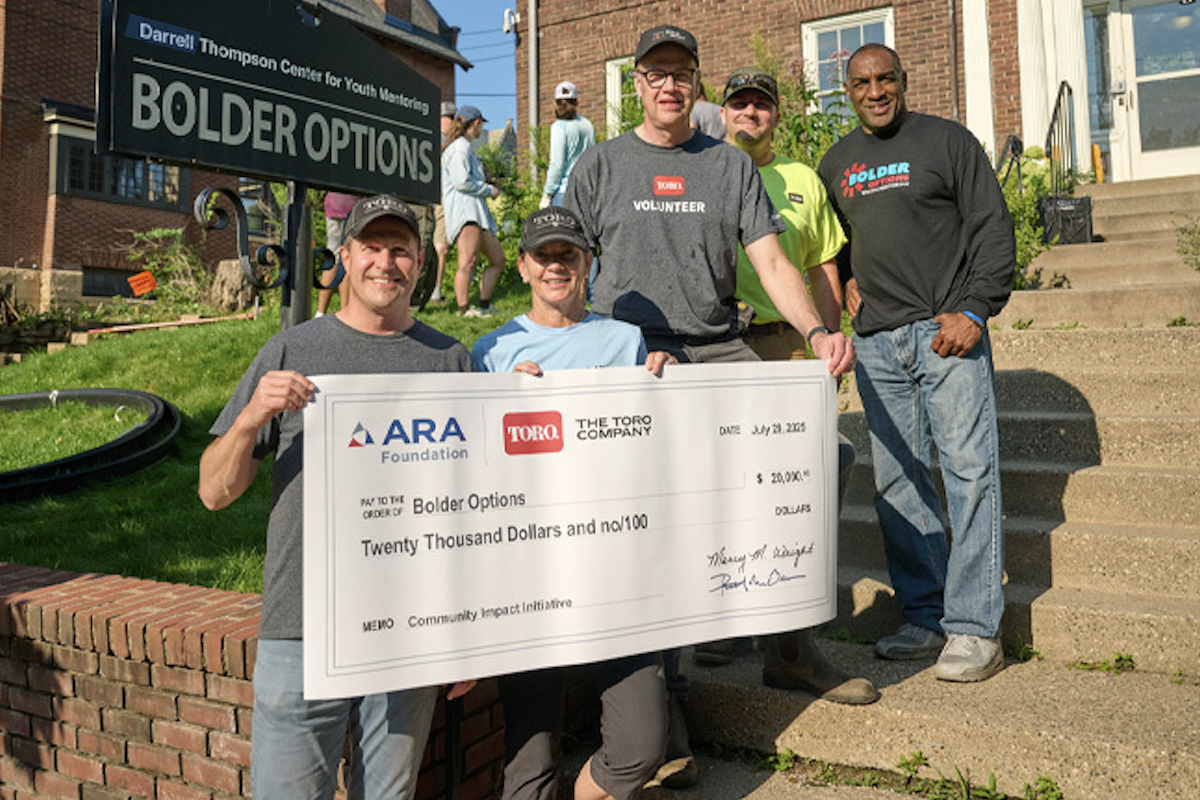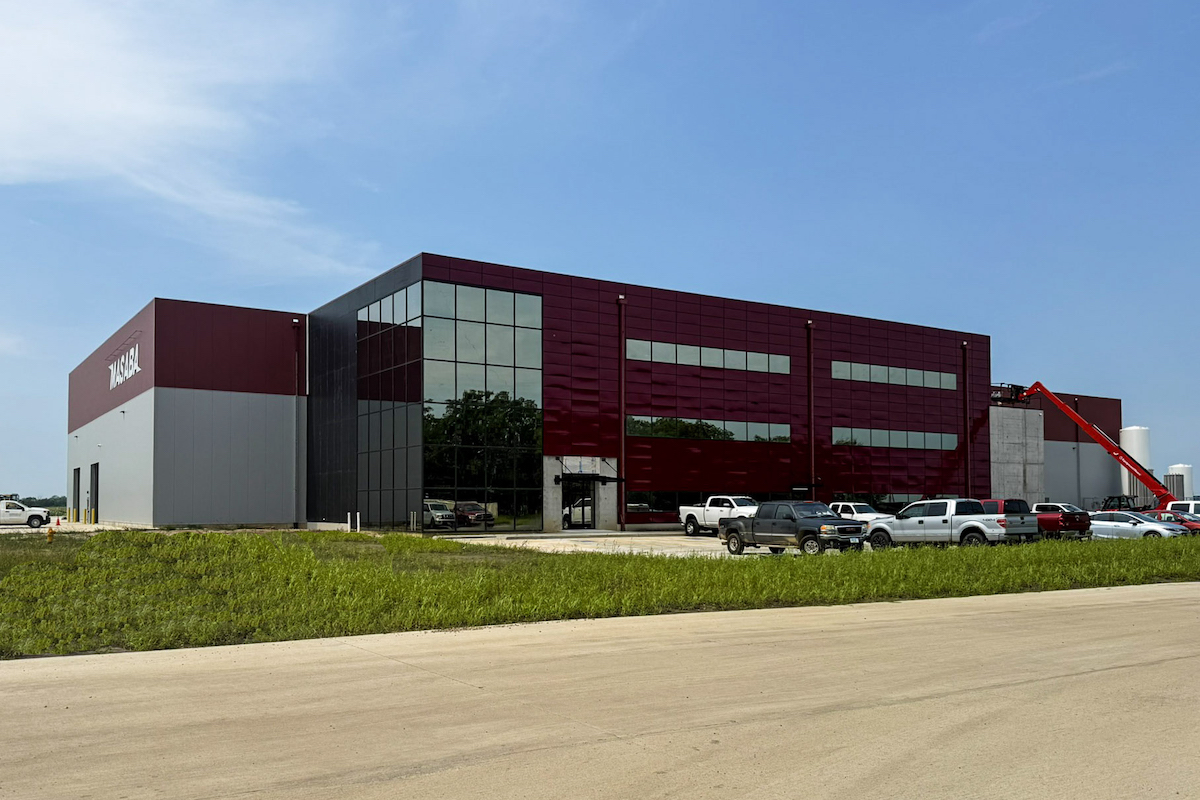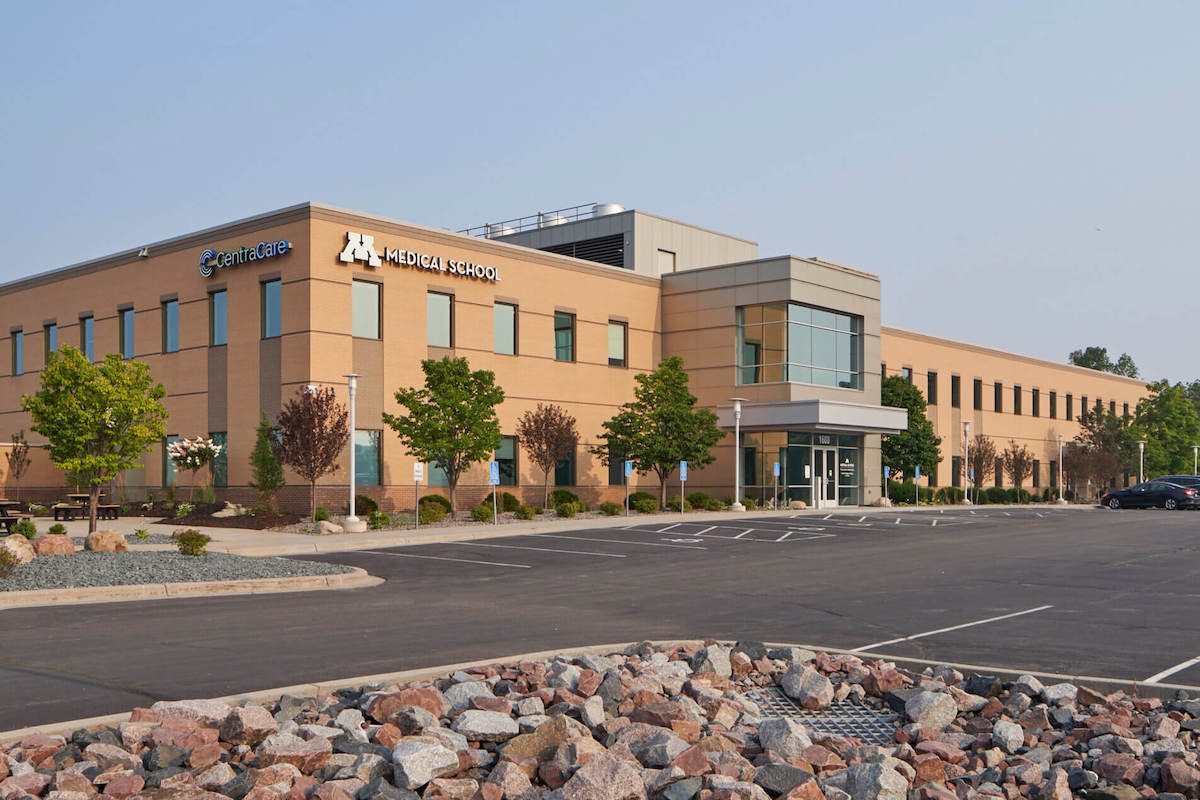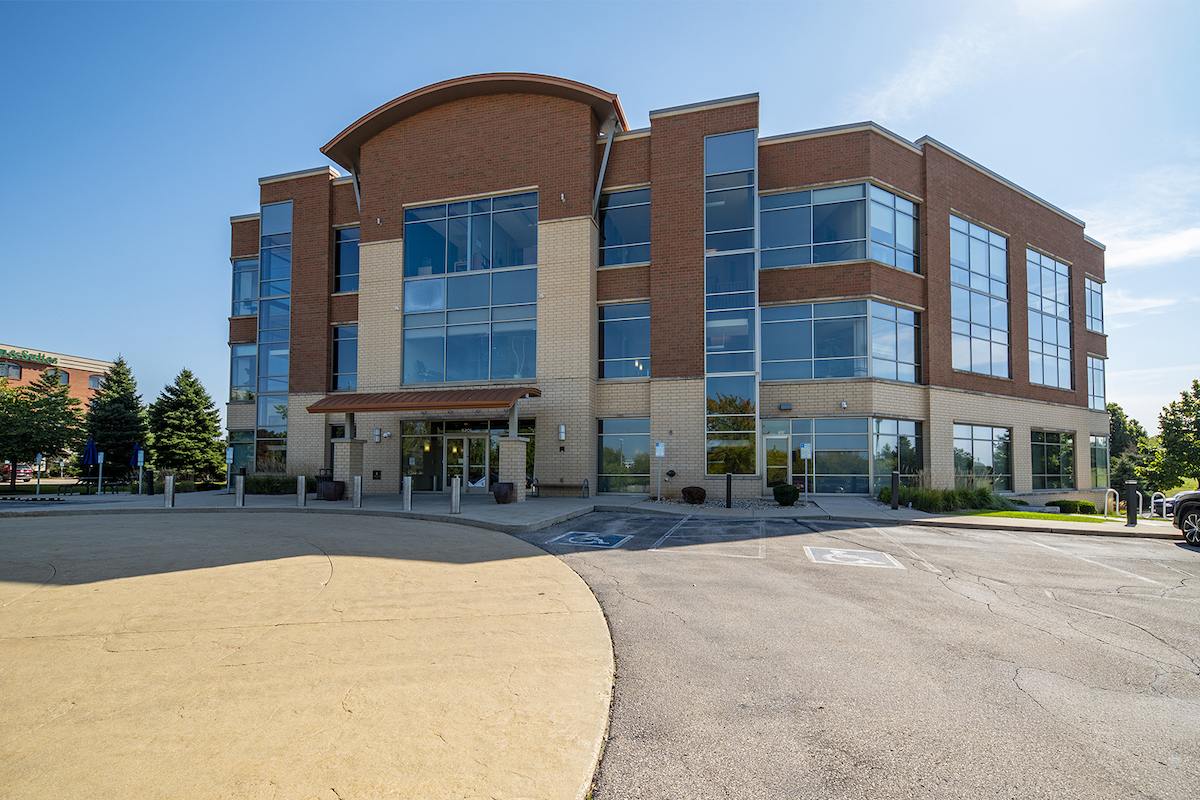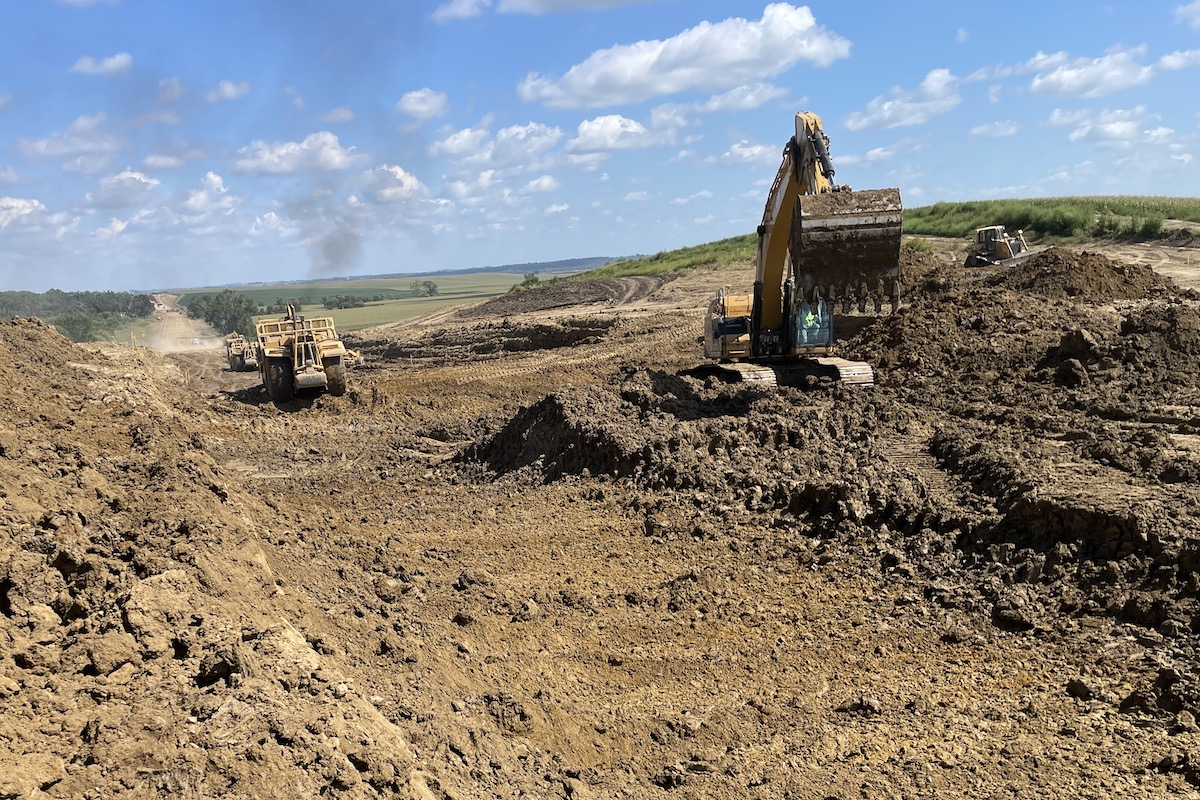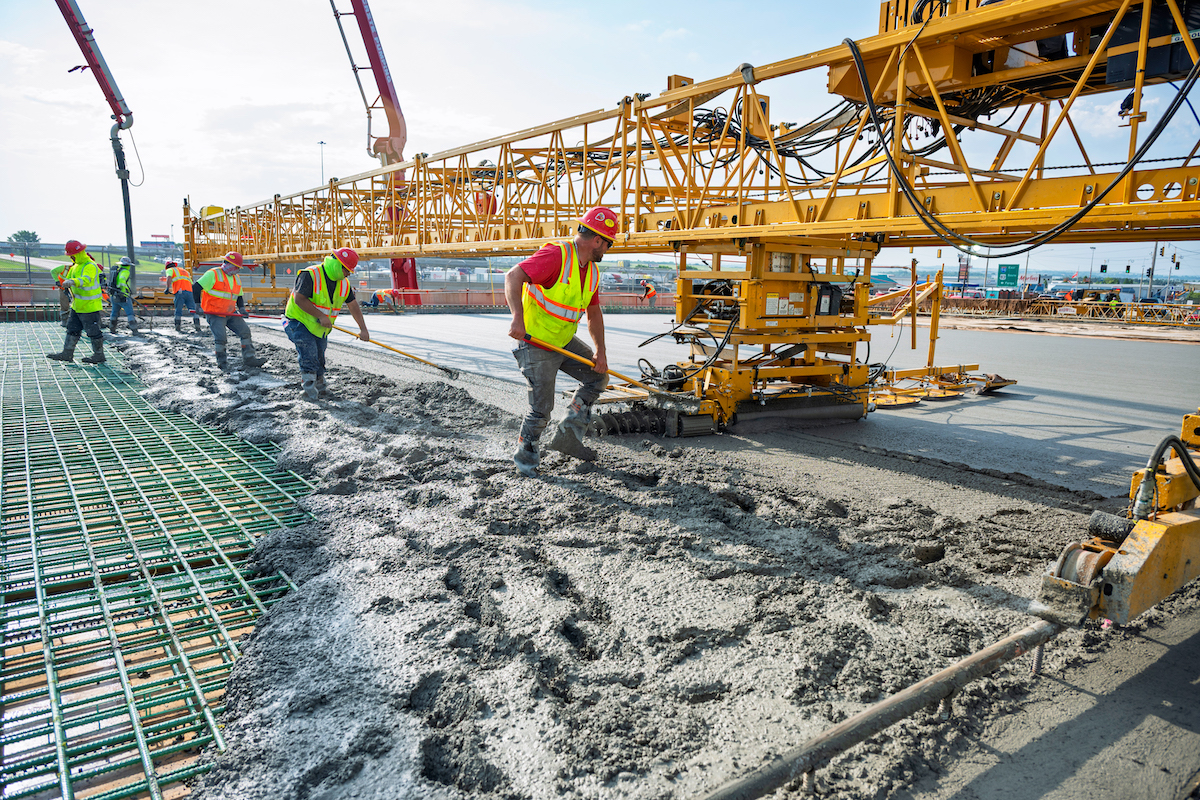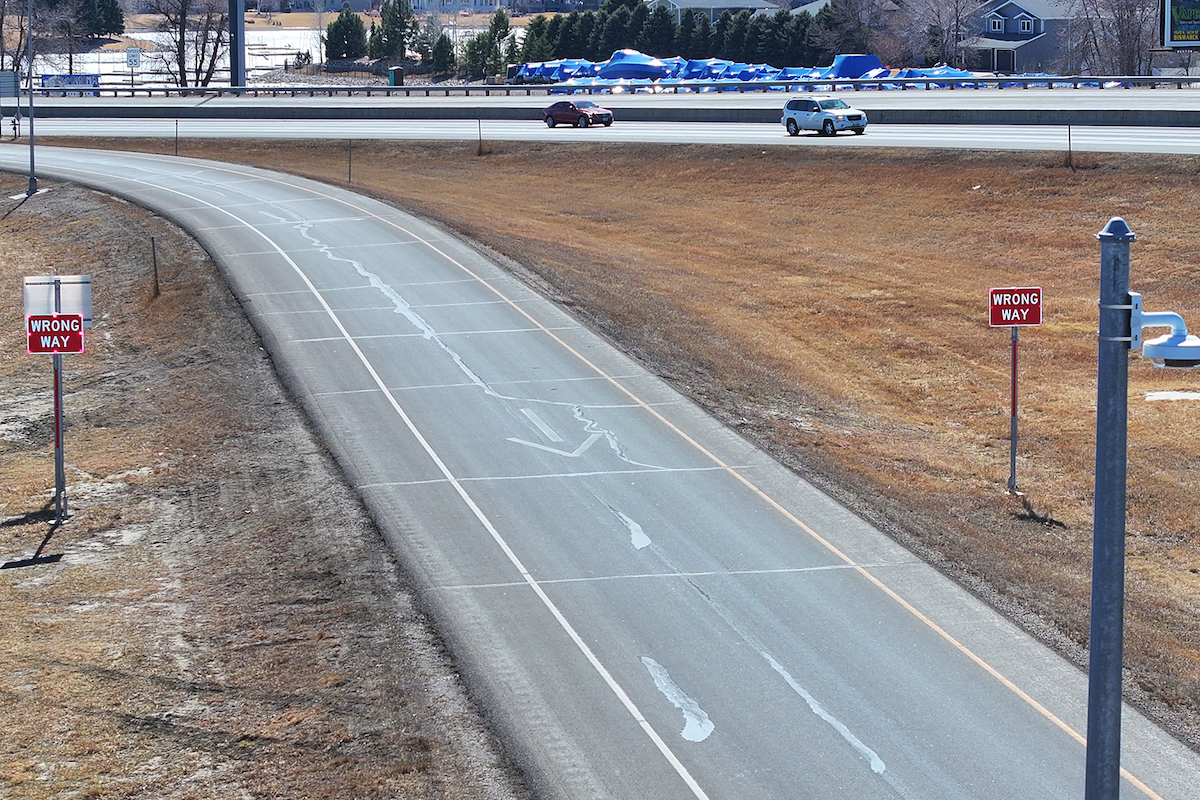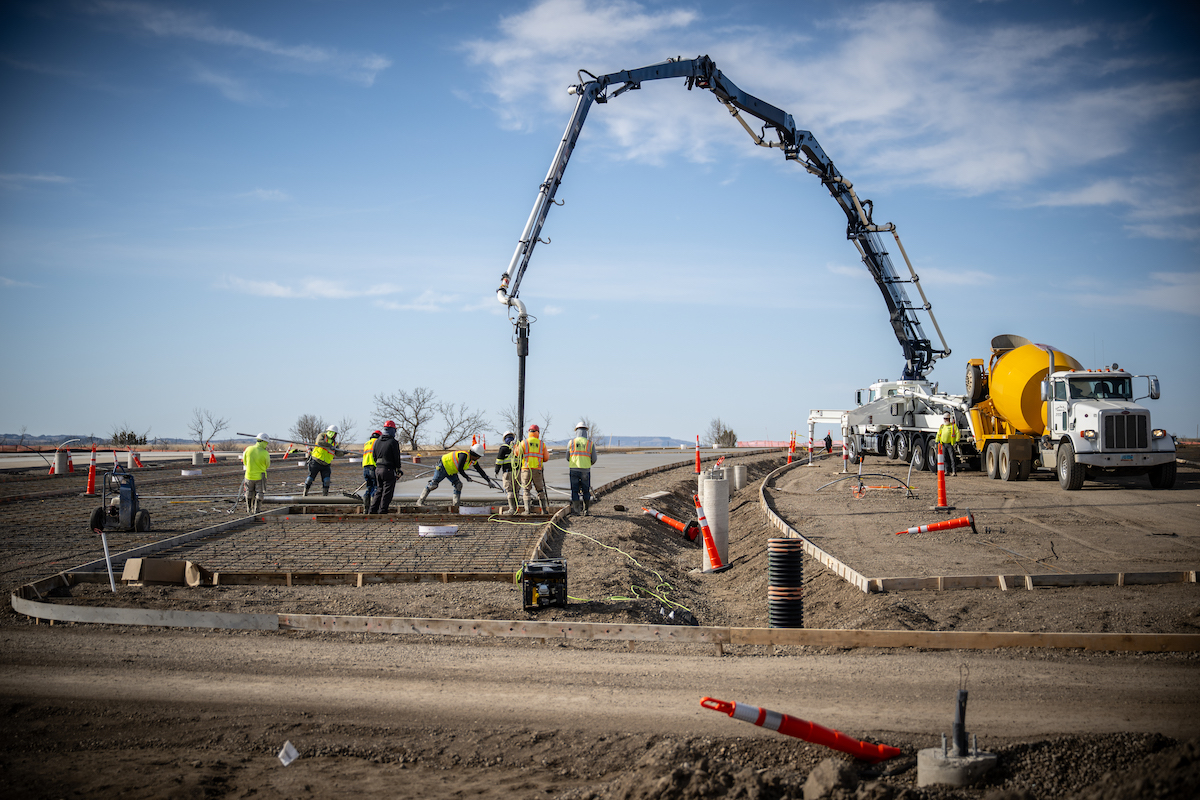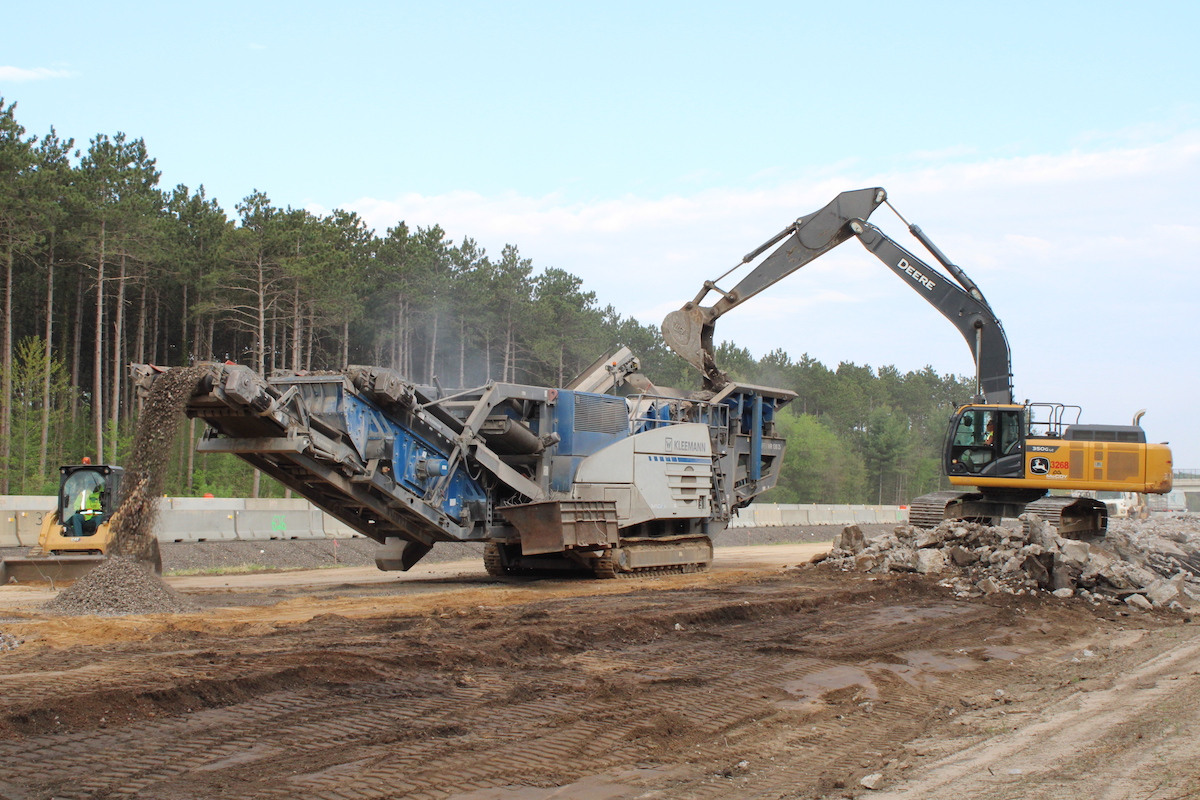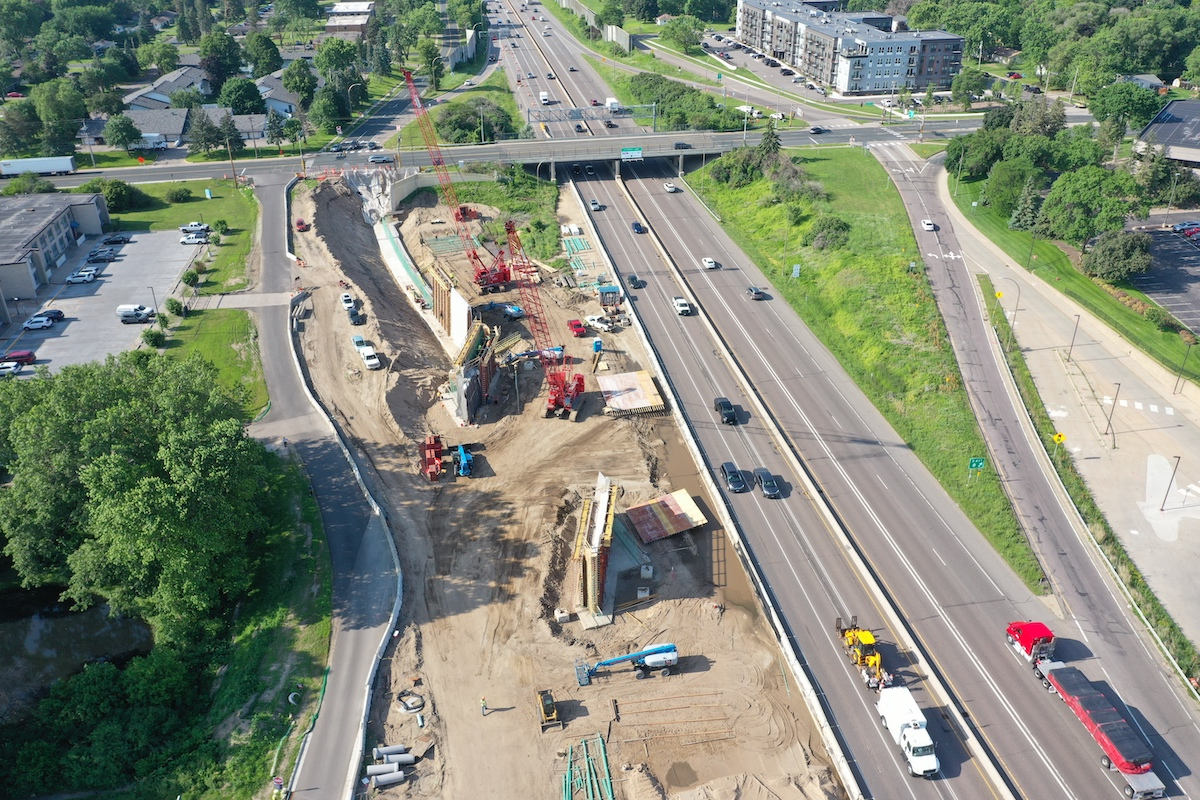The goal of the project is to improve traffic flow and enhance safety along I-16 and I-95. This is one of Georgia’s busiest freight corridors as it is the gateway to the port. The primary elements of the project include reconstructing the interchange at I-16 and I-95 and widening I-16 to I-516 to relieve traffic congestion.
Currently, the interchange is a full cloverleaf design. This was sufficient when the interchange was initially constructed nearly 50 years ago, but with current and future traffic volumes, a safer, more modern, and direct system to system interchange is needed. About 75,000 vehicles (20 percent is trucks) pass through the interchange daily.
“With the increase in freight traffic that is anticipated, this project provides needed enhancements not only for commercial vehicles, but also for the citizens and industries of the Coastal Empire,” says Darryl VanMeter, the Assistant Director P3 Division/State Innovative Delivery Administrator at Georgia DOT.
The new bridges will move diverging and merging traffic away from the main interchange. This will minimize congestion and make the interchange operate more efficiently. The other two cloverleaf ramps that will remain open after construction are also undergoing minor improvements.

| Your local Komatsu America Corp dealer |
|---|
| Road Machinery and Supplies Company |
Georgia DOT is also constructing a collector-distributor (CD) lane on I-95 northbound. The goal is to separate the vehicles exiting and entering I-95 northbound from the I-95 mainline traffic and allow unimpeded access from the I-16 cloverleaf ramps. It’s anticipated that the CD lanes will improve traffic flow, speed, and safety. Widening will also take place along the I-16 mainline corridor toward the inside median thus increasing the roadway from two to three lanes in both directions. The length of the additional lanes is approximately 6 miles.
Multiple bridges will be touched by the project. Six bridges are being reconstructed, four bridges are being replaced, and three bridges are being constructed including two flyover bridges that are part of the partial-turbine configuration.
Other elements of the project are geared towards safety and protecting the surrounding neighborhoods. After determining that noise barriers were needed in accordance with federal and state requirements, Georgia DOT surveyed the residents in the area to confirm their interest. As a result, the project will include three separate noise barrier walls ranging in length from 850 to 5,200 feet.
Lighting will also be improved in the area with the addition of state of the art, energy efficient LED lighting at the I-16 and I-95 Interchange.
Lastly, Intelligent Transportation Systems (ITS) technology is being installed. It includes cameras and changeable message signs for fast incident response and improved real-time communication with traveling motorists.

| Your local Trimble Construction Division dealer |
|---|
| SITECH Dakotas c/o Butler Machinery |
| Fabick CAT/WI |
I-95 and I-16 serve as evacuation routes for any declared emergency. In the event of a mandatory evacuation from coastal Georgia, the I-16 eastbound lanes become contraflow lanes in which all I-16 lanes will only support westbound traffic movement from Savannah to U.S. 441 in Dublin for 125 miles.
Between the Atlantic Ocean, the Savannah River and other waterways, the area is home to a tremendous amount of water which impacts the soil. “The design-build team is using excavator-mounted wick drain stitchers to accelerate the release of water stored in the soil. This drastically shortens the time it takes to compress the soft soils that are common in the area,” VanMeter says.
The wick drains are installed at various depths averaging 30 feet deep and are installed with specialized equipment called “stitchers.” Over 1,600 wick drains are being installed as part of the project.
Additional challenges faced by the design-build team include delivery of the project within a traffic congested location, physical constraints within the existing right-of-way, and commitments concerning environmentally sensitive areas. The design-build team is tasked with making every effort possible to avoid, minimize, and mitigate these challenges to successfully delivery the project.
The budget for both design and construction services is over $260 million. While the project has been discussed for years, construction for the project began in the first quarter of 2020 and is expected be complete in the first quarter of 2023.

| Your local Volvo Construction Equipment dealer |
|---|
| Nuss Truck & Equipment |
When the project is complete, capacity will be increased and is expected to support up to 100,000 daily vehicles while alleviating over 30 percent of existing travel delay along the corridor. This project will also provide safer and streamlined, direct connections to and from the I-16 and I-95 interstate system. The safe, modern system will also support the growth of the port and improve the visitor experience from the beginning.
Photos courtesy of the Georgia Department of Transportation

















